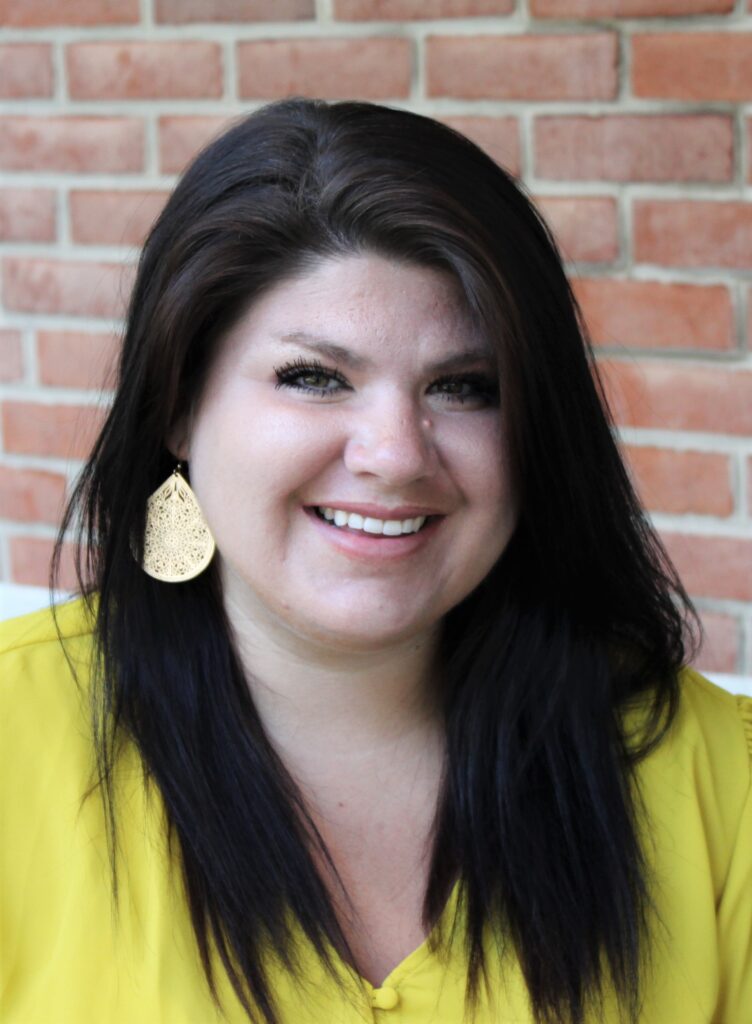
Jessica Whittemore, LCSW-C, Chesapeake Supportive Care
What does aging in place mean to you? Most people imagine they’ll be in their own home, enjoying retired life, maybe traveling, doing hobbies. That is what we hope for, right?
Often, health problems can get in the way of those plans. Coping with diagnoses like congestive heart failure, Alzheimer’s, cancer, Parkinson’s, kidney disease, and more, can make daily living difficult. Many of these conditions result in hospitalizations which for elderly patients often leads to the need for skilled nursing care.
But there is still a way for many with complex and chronic health conditions to be able to stay where they are. They can seek supportive care.
What is supportive care? In the medical world, it is known as the specialty of palliative medicine. But because people, even some physicians, think palliative medicine is hospice care, we prefer to call it supportive care. Palliative care is not hospice care, but it’s a myth that we struggle to dispel. Instead, think of it as supportive care, specialized medical care focused on reducing the symptoms, pain and stress caused by serious illness and complex chronic health conditions.
So, how can supportive care help you age in place? Let’s first look at symptom management. There are a variety of symptoms we work to control, but the big three are pain, shortness of breath and agitation. Supportive care aggressively treats these symptoms through medicine, therapies, mindfulness and more. Studies show that addressing symptoms before they are out of control helps to prevent hospitalizations and can even help to prolong your life.
Quality of life is as important as quantity of life. That’s where goals of care play an important role. What do we mean by goals of care? It is a patient-centered plan that details how you and your loved ones want to treat or manage your health. The planning begins with an initial consultation with a physician or nurse practitioner that can take up to 90 minutes. It takes that amount of time to get to know you and your family to determine what you want and need.
Goals of care can change throughout the course of the disease, which is why we revisit those goals in follow-up visits. We work with your healthcare teams, from their primary care physicians and oncologists to radiologists and cardiologists, to ensure that their treatments align with your goals.
Our team also includes clinical professionals who work with the physician and nurse practitioner to care for the whole patient – physical, psychological, social and spiritual. I am a social worker on the Chesapeake Supportive Care team. I support the psycho-social aspect of care by connecting families to resources that they didn’t know were available and talking about advance care directives. Our team also includes a chaplain who can guide you on your spiritual needs and a nurse who helps with lab work and other medical interventions.

Here’s the beauty part. We meet you where you are or where you want to be. Maybe you’re in a hospital and you want to get back home. We meet you there. Maybe your home is a senior living or assisted living center. We meet you there. Are you the type who likes to visit the office instead? Then you can make an appointment at one our Hussman Supportive Care Center locations. Do you prefer telehealth? We can do that, too.
I have visited patients in their senior living center suites, in their homes and at skilled nursing centers. I even met with a homeless gentleman at a restaurant. We see you where you are. We help you to stay there with resources and a care plan. Unless you want or need to be someplace else, such as memory care or assisted living, then we work to get you there. If hospitalization does happen, we work to get you back home.
Here’s the beauty part. We meet you where you are or where you want to be. Maybe you’re in a hospital and you want to get back home. We meet you there. Maybe your home is a senior living or assisted living center. We meet you there. Are you the type who likes to visit the office instead? Then you can make an appointment at one our Hussman Supportive Care Center locations. Do you prefer telehealth? We can do that, too.
And through it all, if you want to continue with curative treatments like chemotherapy, dialysis, radiation therapy, blood transfusions and the like, we support that. If you want to stop these treatments, we are there to support you, too. That is why we like to call what we do supportive care.
Now is the point where people ask, “How does this all get paid for?” We are a board-certified medical specialty. Just like a visit with an oncologist, radiologist, cardiologist or any other medical specialty, it is covered by Medicare and most insurance plans and bill the same way
Managing advance illness or complex chronic diseases can be overwhelming for you and your loved ones. It helps to have a specialist ready to help you do it how you want to do it. We have more than your back – we care for your body, mind and spirit.


